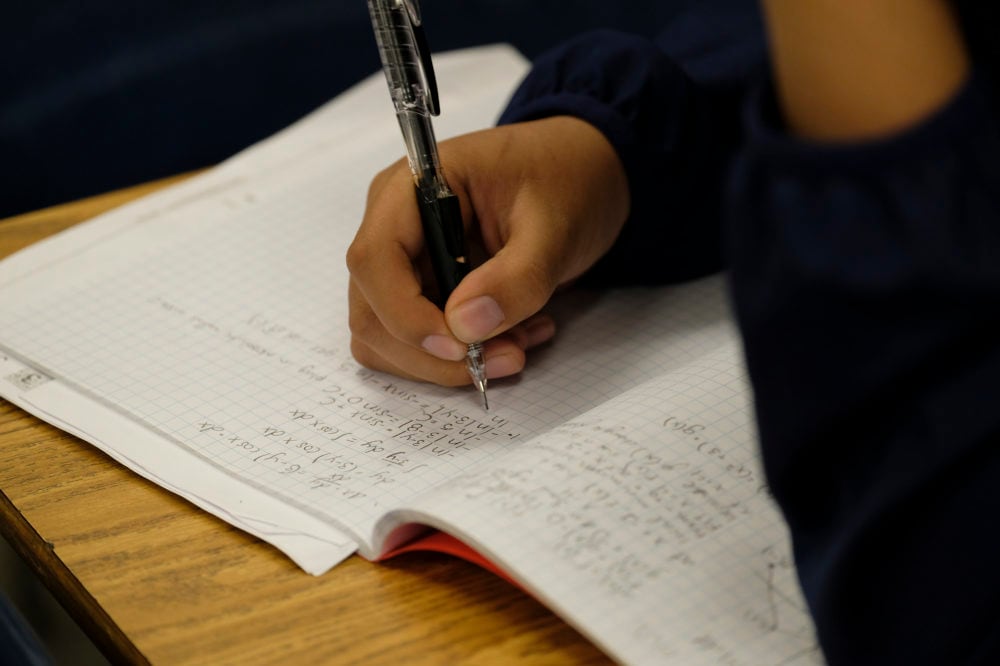A week before the election, State Superintendent Jennifer McCormick is making policy recommendations for Indiana lawmakers and whoever becomes the state’s next top education official.
She emphasized the need to spare K-12 schools from potential cuts as lawmakers look to slim down the upcoming two-year budget because of revenue shortfalls during the pandemic. State education officials already took steps to shield schools at the start of the school year.
Among her suggestions, McCormick offered a few outside-the-box solutions, like raising cigarette or casino taxes or using lottery revenues to fund schools. Some of her policy recommendations will displease choice advocates, such as placing a moratorium on new charter or voucher schools, banning private schools from discriminating against LGBT students or staff, and reducing charter school funding.
“Although Indiana has become K-12 education policy-heavy, with little regard for implementation monitoring, I remain optimistic that sound education policies, designed with the best interest of students and educators in mind are possible,” McCormick wrote in a 24-page policy document addressed to state lawmakers on Tuesday.
As she prepares for her four-year term to expire in January, the comprehensive policy recommendations are among the most ambitious and most contentious that McCormick has offered. She touches upon issues that have become critical for schools during the pandemic, such as funding and internet connectivity, and others that show how she’s sharpened her pro-district schools stance after meeting resistance from Republicans.
McCormick notably acknowledges Indiana’s teacher pay problem but did not offer specific ideas for addressing it.
McCormick continued to push for streamlining Indiana’s dual accountability system, which assesses schools by state and federal metrics separately, into a single measure — a point of contention between her and the State Board of Education throughout her four-year term.
Whoever is elected governor on Nov. 3 will replace the elected state superintendent position with an appointed secretary of education. Democratic challenger Dr. Woody Myers has pledged to keep McCormick on as the state’s education leader if he unseats incumbent Republican Gov. Eric Holcomb.







